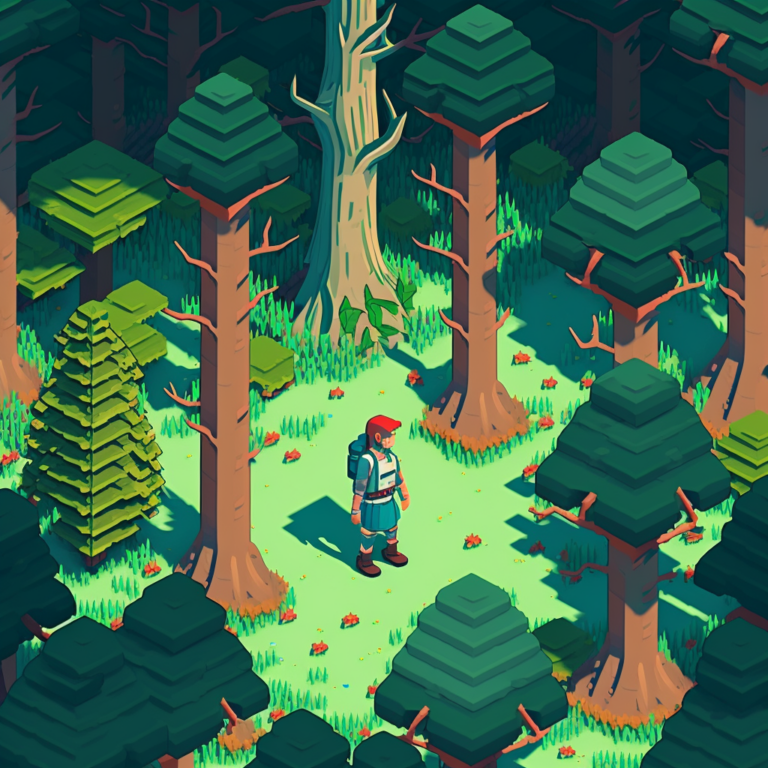Hangovers and the Beginner’s Mind
Last Updated on: August 10, 2023
Zen Buddhism has an interesting concept called Shoshin, or Beginners Mind.
You approach a study subject with an open mind, curiosity and (most importantly, I believe) no preconceptions.
“In the beginner’s mind there are many possibilities, but in the expert’s there are few”
Shunryu Suzuki
Perhaps the best way to understand Beginners Mind is to consider the opposite; a successful business may overlook a great opportunity due to believing in technological limits that no longer exist.
Unaware of the previous technological limits, a new company would push ahead without hesitation and steal a march on the unique opportunity.
Applying a Beginner’s Mind has also helped me to solve problems. Many developers will be familiar with stepping away from a tricky problem after spending hours on it, only to come back and solve it in a few minutes.
Starting again on that problem forces us to step through the basics. But, quite often, that is where the solution lies.
Expecting a Hangover
When you drink too much, you get a hangover. That’s simple enough.
The more hangovers we have in our life, the more we fear them. Before long, the anticipation of the hangover stops us from drinking too much.
So far, so good.
But, for me, it can sometimes go too far. The fear becomes worse than the hangover, and now I am either avoiding social events or not enjoying them thoroughly at the time.
Just as significantly, waking up expecting a hangover will change your decisions and become a self-fulfilling prophecy.
With a Beginner’s Mind, you can awaken and experience it for the first time. Maybe no hangover appears, or maybe it’s mild and unnoticeable.
This point is, of course, not about hangovers. The same pattern repeats itself in our lives:
- Anticipating how tough a gym session is might stop us from going
- Knowing how long we worked on a problem last time may make us avoid it this time
- Remembering an argument with a family member may stop us from arranging to see them
- Exaggerating how hungry we were during fasting may stop us from trying again
The key here is that fear itself is always worse than what we fear.
Fear has its uses. We can’t go through life blindly. We must learn from our experiences.
Yet the more experiences we have, the more likely we want to avoid the bad ones, and the more chance we will exaggerate future negative experiences.
This is where Beginner’s Mind can help to bring the balance back.
Can we keep an open mind that this situation might not be as bad as we think?
Being Curious
The topic of curiosity and learning is important to teachers. They know that they can engage their students by gently encouraging their interest.
A common strategy is to focus on questions instead of answers. This relaxes the student into thinking and exploring the topic without the pressure of “knowing”.
Beginner’s Mind also encourages this type of curiosity. When we leave our ideas and knowledge at the door, all that is left are new questions.
The Dangers of Overestimating Our Knowledge
You could call Beginners Mind and the Dunning-Kruger effect kissing cousins. They have a lot in common, especially in outcomes.
The Dunning-Kruger effect has been at the front of my mind in recent pandemic years. Due to more time and motivation, I observed many people diving into specific topics. Mostly, they formed firmly fixed opinions on complex issues with little actual study or previous experience.
I am talking, of course, about topics like Covid, the vaccine, and lockdowns.
Many people saw the charts, the data, the opinions of doctors, and the studies. They did some research and gained a bit of knowledge, and convinced themselves that they fully understood it.
The more you learn about a topic, the more you should realise how little you know. Yet, unfortunately, the opposite usually happens.
Can You Say, “I Don’t Know”?
In most societies, two things are getting in the way of healthy debate.
Firstly, it is unusual to say, “I don’t know”. Not having an opinion is interpreted as “you don’t care” or “you are not intelligent enough”.
Secondly, nobody wants to be wrong. Changing your opinion is a sign of weakness and, again, interpreted as a lack of intelligence.
We feel pressure to form an opinion and always be right. We are too quick to take a side and consequently dismiss good ideas or knowledge to stay with our view.
We can still contribute to a debate even when we don’t have an opinion. These contributions could even be essential. Asking unbiased questions is a key to unlocking new ideas.
It doesn’t matter which side of a debate you fall on. Whether we are personally right or wrong should never be the goal. Instead, we should only be concerned with finding the correct answer.
We can find the correct answer with a Beginner’s Mind – a curiosity for the topic, an open mind to new ideas, and an acceptance that we will never be undisputed experts.
Applying Beginner’s Mind
As with many Buddhist techniques, applying Beginner’s Mind starts with awareness.
Be aware of how you are approaching situations, and you may notice some of the common patterns above.
Try watching and reflecting on your thoughts, like an outsider looking in, with curiosity and without judgement.
You may find that Beginner’s Mind gives you a fresh, new way to approach learning, problems and life.
Get notified of new posts:





